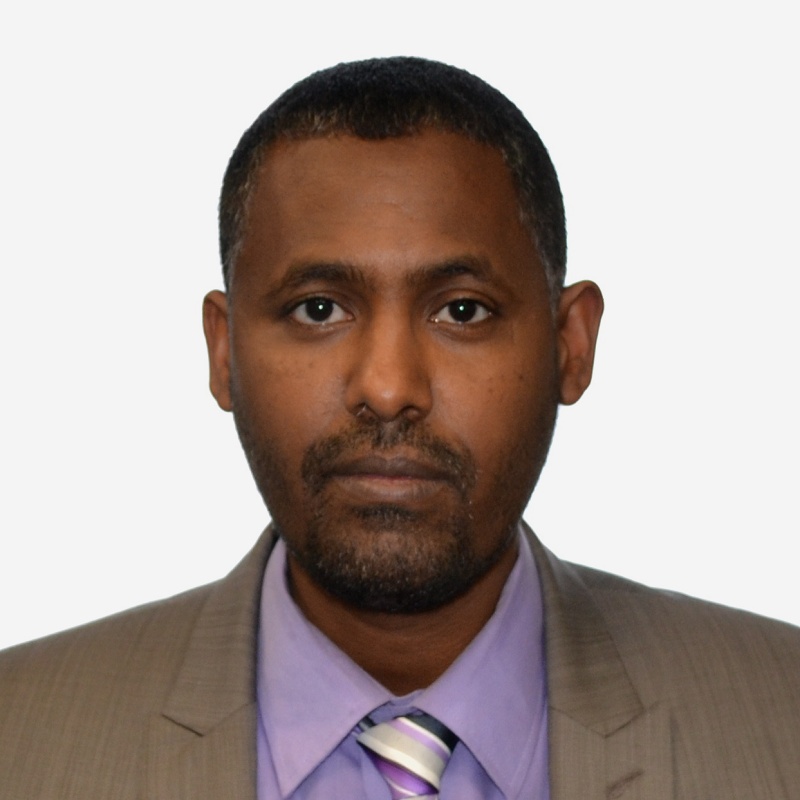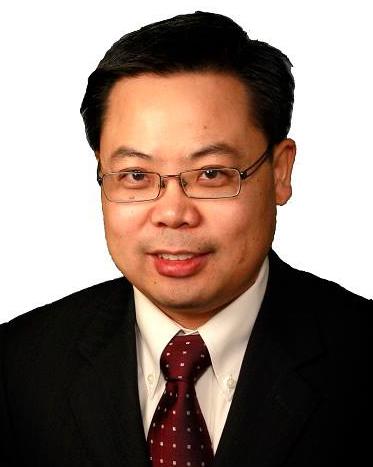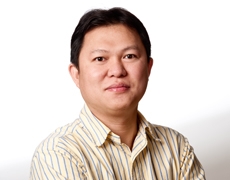Title
Machine Intelligence Techniques for Next-Generation Context-Aware Wireless Networks
Abstract
Next generation wireless networks (i.e. 5G and beyond), which will be extremely dynamic and complex due to the ultra-dense deployment of heterogeneous networks (HetNets), pose many critical challenges for network planning, operation, management and troubleshooting. At the same time, the generation and consumption of wireless data are becoming increasingly distributed with an ongoing paradigm shift from people-centric to machine-oriented communications, making the operation of future wireless networks even more complex. In mitigating the complexity of future network operation, new approaches of intelligently utilizing distributed computational resources with improved context awareness becomes extremely important. In this regard, the emerging fog (edge) computing architecture aiming to distribute computing, storage, control, communication, and networking functions closer to end users, has a great potential for enabling efficient operation of future wireless networks. These promising architectures make the adoption of artificial intelligence (AI) principles, which incorporate learning, reasoning and decision-making mechanisms, natural choices for designing a tightly integrated network. To this end, this article provides a comprehensive survey on the utilization of AI integrating machine learning, data analytics and natural language processing (NLP) techniques for enhancing the efficiency of wireless network operation. In particular, we provide comprehensive discussion on the utilization of these techniques for efficient data acquisition, knowledge discovery, network planning, operation and management of next generation wireless networks. A brief case study utilizing the AI techniques for this network has also been provided.
Keywords
Artificial (machine) intelligence, context-aware-wireless, machine learning, ontology
Author
 Tadilo Endeshaw Bogale
Tadilo Endeshaw Bogale
(Western University and University of Quebec, Canada)
Tadilo Endeshaw Bogale (S'09-M'14) received a BSc degree in Electrical Engineering from Jimma University, Ethiopia. From 2004 to 2007, he was working in Ethio Telecom, Addis Ababa, Ethiopia. He received MSc and PhD degrees in Electrical Engineering from Karlstad University, Sweden and University Catholique de Louvain (UCL), Louvain la Neuve, Belgium in 2008 and 2013, respectively. From January 2014 to October 2014, Tadilo was working as a postdoctoral researcher at the Institute National de la Recherche Scientifique (INRS), Montreal, Canada. Since November 2014, he has been working as a joint postdoctoral researcher with INRS, Montreal and University of Western Ontario, London, Canada. His current research is on assessing the potential technologies to enable the future 5G and beyond network which includes massive MIMO and millimeter wave systems, and machine learning (intelligence) techniques.
His past research focuses on spectrum sensing and resource allocation for cognitive radio networks, robust (non-robust) transceiver design for multiuser MIMO systems, centralized and distributed algorithms, and convex optimization techniques for multiuser systems. He has organized a workshop on Cognitive Radio for 5G networks which is collocated in CROWNCOM 2015 conference. He was acting as a session chair for ICC, CISS and CROWNCOM conferences and NEWCOM# workshop. Dr. Tadilo has also served as a TPC member on different international conferences such as PIMRC, CROWNCOM and VTC. He has delivered a tutorial in PIMRC 2015 and VTC-Spring 2016 on 5G networks, and recently organized a special session in PIMRC 2017 on 5G wireless for V2X systems.
 Xianbin Wang
Xianbin Wang
(Western University, Canada)
Dr. Xianbin Wang (S’98-M’99-SM’06-F’17) is a Professor and Canada Research Chair at Western University, Canada. He received his Ph.D. degree in electrical and computer engineering from National University of Singapore in 2001.
Prior to joining Western, he was with Communications Research Centre Canada (CRC) as a Research Scientist/Senior Research Scientist between July 2002 and Dec. 2007. From Jan. 2001 to July 2002, he was a system designer at STMicroelectronics, where he was responsible for the system design of DSL and Gigabit Ethernet chipsets. His current research interests include 5G technologies, Internet-of-Things, communications security, and locationing technologies. Dr. Wang has over 300 peer-reviewed journal and conference papers, in addition to 26 granted and pending patents and several standard contributions.
Dr. Wang is a Fellow of IEEE and an IEEE Distinguished Lecturer. He has received many awards and recognitions, including Canada Research Chair, CRC President’s Excellence Award, Canadian Federal Government Public Service Award, Ontario Early Researcher Award and five IEEE Best Paper Awards. He currently serves as an Editor/Associate Editor for IEEE Transactions on Communications, IEEE Transactions on Broadcasting, and IEEE Transactions on Vehicular Technology and He was also an Associate Editor for IEEE Transactions on Wireless Communications between 2007 and 2011, and IEEE Wireless Communications Letters between 2011 and 2016. Dr. Wang was involved in a number of IEEE conferences including GLOBECOM, ICC, VTC, PIMRC, WCNC and CWIT, in different roles such as symposium chair, tutorial instructor, track chair, session chair and TPC co-chair.
 Long Bao Le
Long Bao Le
(University of Quebec, Canada)
Long Bao Le received the B.Eng. degree in electrical engineering from Ho Chi Minh City University of Technology, Vietnam, in 1999, the M.Eng. degree in telecommunications from Asian Institute of Technology, Thailand, in 2002, and the Ph.D. degree in electrical engineering from the University of Manitoba, Canada, in 2007. He was a Postdoctoral Researcher at Massachusetts Institute of Technology (2008–2010) and University of Waterloo (2007–2008). Since 2010, he has been with the Institut National de la Recherche Scientifique (INRS), Université du Québec, Montréal, QC, Canada where he is currently an associate professor. His current research interests include smartgrids, cognitive radio, radio resource management, network control and optimization, and emerging enabling technologies for 5G wireless systems. He is a co-author of the books Radio Resource Management in Multi-Tier Cellular Wireless Networks (Wiley, 2013) and Radio Resource Management in Wireless Networks: An Engineering Approach (Cambridge University Press, 2017). Dr. Le is a member of the editorial board of IEEE Transactions on Wireless Communications and IEEE Communications Surveys and Tutorials. He has served as a technical program committee chair/co-chair for several IEEE conferences including IEEE WCNC, IEEE VTC, and IEEE PIMRC.